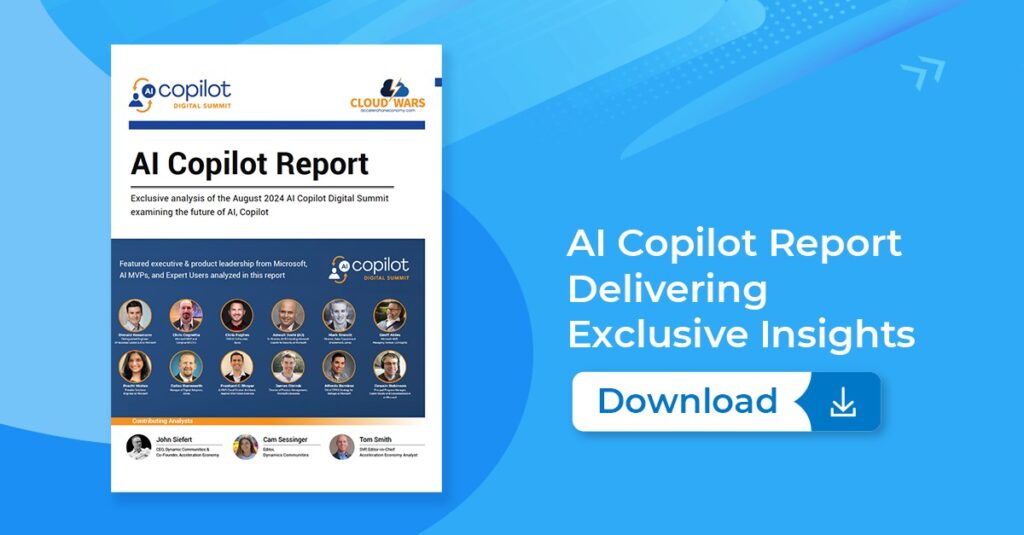
During its recent Ignite conference, Microsoft made a wide range of announcements, many of which focused on the emerging capabilities of its AI agents, driven by Copilot. One critical platform for Microsoft customers and partners that will benefit from these advances in agentic AI is Dynamics 365.
Microsoft has introduced 10 new autonomous agents to D365 which will be rolling out into public preview between the close of 2024 and early 2025. Collectively, they span sales, service, finance, and supply chain use cases. Below I’ll explain what the new agents are and how they enable D365 users to pivot and focus on higher-value tasks.
Sales Qualification Agent: Analyzes and prioritizes inbound leads and crafts personalized sales emails to commence or enhance relationships.
Sales Order Agent: Built for Microsoft Dynamics 365 Business Central, it automates the order intake process, even communicating directly with customers.
Supplier Communications Agent: Manages supplier relationships, collaborating with suppliers to confirm deliveries and navigate potential setbacks with the goal of preventing supply chain disruptions.
Financial Reconciliation Agent: Designed for data preparation and cleansing, makes it quicker and easier to organize data for financial reporting commitments.
Account Reconciliation Agent: Built for accountants and controllers, it accelerates the financial close process by automating transaction clearing and matching between a company’s sub-ledgers and its general ledger.

AI Agent & Copilot Summit is an AI-first event to define opportunities, impact, and outcomes with Microsoft Copilot and agents. Building on its 2025 success, the 2026 event takes place March 17-19 in San Diego. Get more details.
Time and Expense Agent: Responsible for managing time entry, expense tracking, and approval workflows, it streamlines the invoicing process and helps organizations manage budgets.
Customer Intent Agent: Identifies intent from existing and previous customer conversations, and maps issues and related resolutions in a managed library.
Customer Knowledge Management Agent: By constantly analyzing case notes, transcripts, summaries, and other materials, it ensures knowledge articles are always up to date.
Case Management Agent: Service staff can use this agent to automate common case management tasks including creation, resolution, follow-up, and closure.
Scheduling Operations Agent: Provides dispatchers with a means to deliver dynamic, optimized schedules to field-service technicians.
Closing Thoughts
While each of these agents has a specific use case they all share one unifying trait: autonomy. This autonomy enables them to find and alleviate issues and provide users with the time and flexibility to focus on mission-critical tasks.
“These new agents are designed to help sales, service, finance, and supply chain teams drive business value — and are just the start,” said Bryan Goode, Microsoft’s corporate vice president, business applications and latform in a blog post about the launch of the D365 agent suite. “We will create many more agents in the coming year that give customers the competitive advantage they need to help future-proof their organization.”
Microsoft is also keen to point out that this fleet of D365 agents will operate to the highest security and governance standards. “The agents coming to Dynamics 365 follow our core security, privacy, and responsible AI commitments,” said Goode.
With so many business processes accessible through D365 likely to be impacted by the launch of this comprehensive agent roster, users will no doubt be keen to see these security provisions in action. It could perhaps be the catalyst that encourages widespread adoption.










